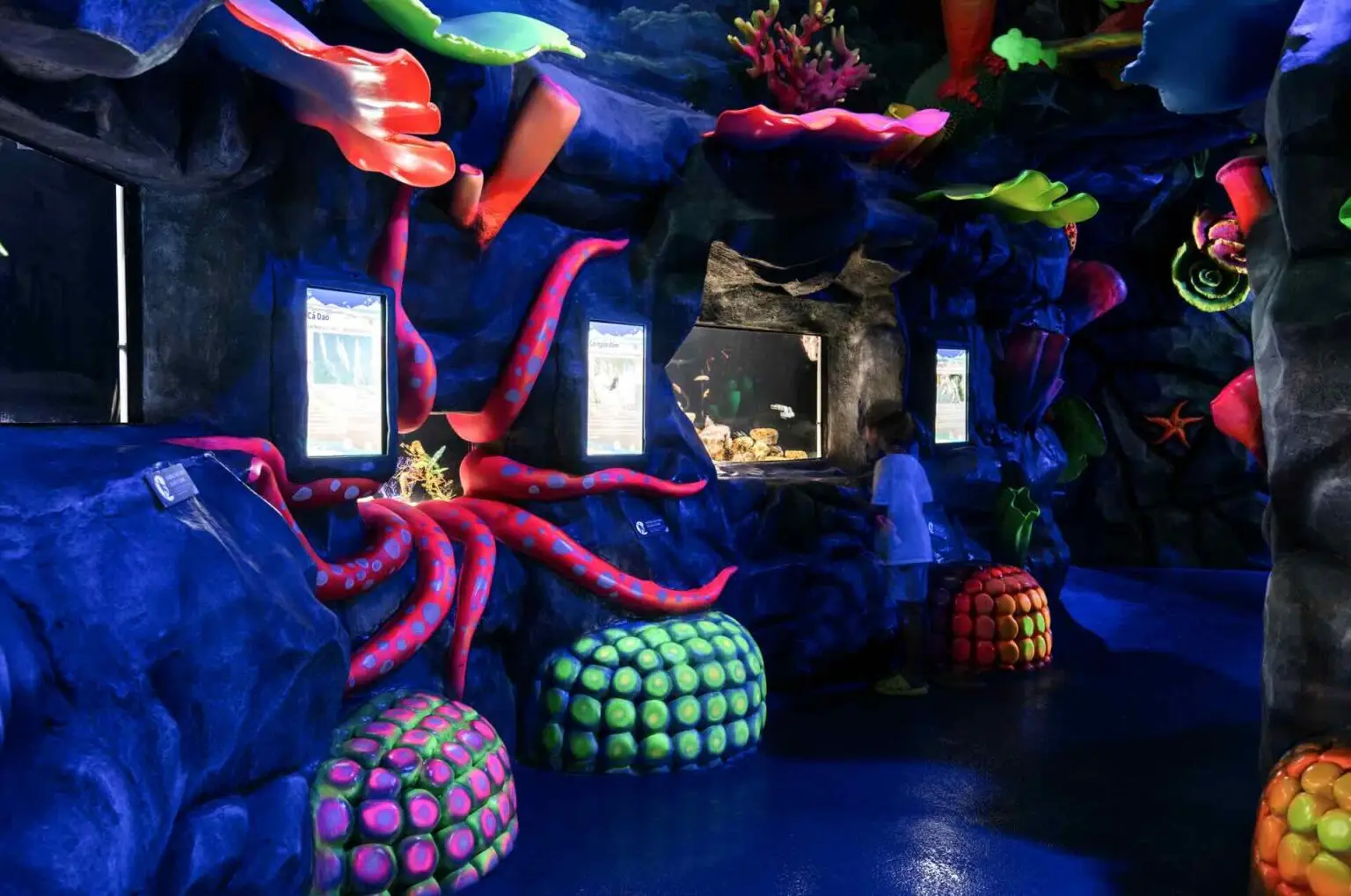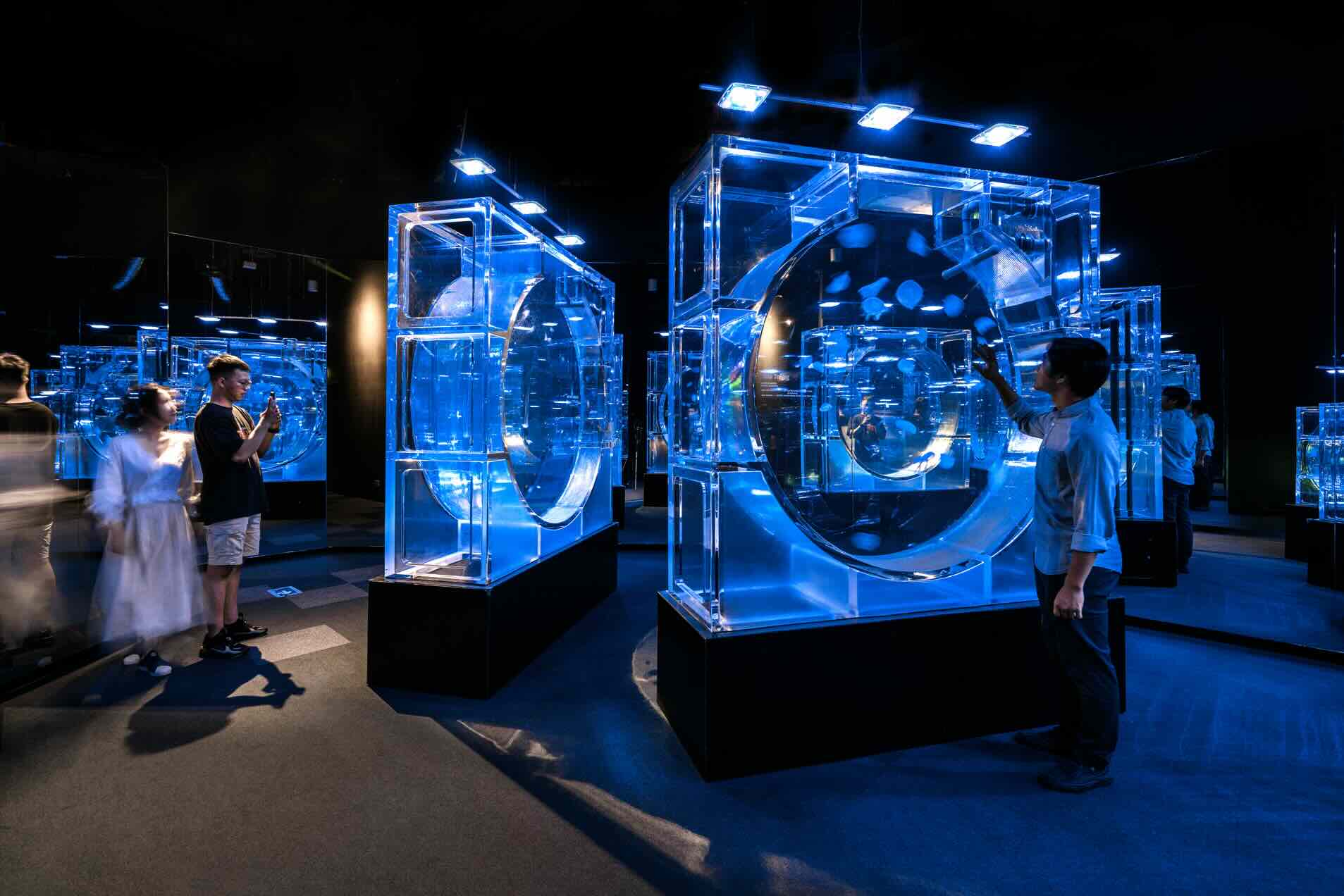Are Aquariums Ethical? Understanding the Debate

Aquariums offer a unique glimpse into marine life, but they raise important ethical questions. Are they truly beneficial for conservation, or do they risk prioritizing entertainment over animal welfare? This post explores both sides of the debate.
Table of Contents
Introduction: The Ethical Debate Around Aquariums
Aquariums have long been a subject of debate. Some view them as valuable educational tools that foster a greater understanding of marine life, while others see them as institutions that exploit animals for human entertainment. This ethical debate hinges on the aquarium’s purpose, how it treats its animals, and the conservation efforts it supports. At the core, the question is whether aquariums can be spaces for positive change or if they primarily serve human interests at the cost of animal welfare. For a deeper look into the complexities of animal welfare in captivity, see the analysis of ethical issues in zoos and aquariums, which provides further insights into this debate.
Educational Value of Aquariums
Aquariums have the unique potential to inspire environmental stewardship by educating the public about marine ecosystems. By giving visitors an up-close view of marine life, they encourage a connection to the ocean that many might not experience otherwise. Both children and adults can learn about ocean biodiversity, threats to marine environments, and the critical role humans play in conservation.
ICM approaches each project with this educational value in mind, aiming to create spaces where people can learn not only about marine life but also about the importance of preserving it. For instance, ICM’s Conservation Tourism Initiatives in Cambodia engage visitors while educating them about sustainable practices, supporting awareness and protection of marine life.
Conservation and Rehabilitation Efforts in Modern Aquariums
Modern aquariums often go beyond display, becoming active participants in conservation and rehabilitation efforts. Many support breeding programs for endangered species, conduct research that contributes to marine science, and even rehabilitate injured or sick marine animals. For instance, aquariums with rehabilitation programs can nurse injured sea turtles, sharks, and other marine animals back to health before releasing them back into the wild.
ICM’s ideal projects include these conservation-oriented elements, working with management to establish research programs that can contribute positively to the natural world. By aligning with conservation and rehabilitation practices, ICM ensures that projects serve as ambassadors for the ocean, supporting both research and real-world conservation efforts. This approach allows aquariums to act as more than entertainment venues, positioning them as agents of change in the broader effort to protect marine ecosystems.

Animal Welfare Concerns and the Role of Aquarium Management
One of the main criticisms of aquariums is the ethical concern around the captivity of wild animals. There is a risk that aquariums may inadvertently normalize the confinement of animals that would otherwise roam vast ocean spaces. Critics argue that captivity can lead to physical and psychological stress for certain species, especially when aquariums prioritize profit over animal welfare.
However, the ethical standing of an aquarium largely depends on its management and ethos. At ICM, the ethical implications of each project are a significant part of the planning process. We discuss with stakeholders the potential impact of housing marine species in captivity, ensuring that decision-makers are aware of the long-term consequences. In doing so, ICM aims to create environments that meet the care requirements of specific species, fostering a balance between human curiosity and animal welfare.
ICM’s Commitment to Ethical Aquarium Design
In line with best practices, ICM is committed to designing aquariums that prioritize animal welfare, conservation, and education. We focus on creating environments that support each species’ natural behaviors and biological needs. This commitment includes developing spaces that are not only safe but also enriching for the animals that inhabit them. For ICM, projects with a strong conservation and research focus are ideal, as they help advance understanding and awareness of marine species.
For seamless project management from start to finish, discover the Advantages of ICM’s Turnkey Aquarium Solutions designed to meet diverse client needs. By involving conservationists, biologists, and marine experts, ICM ensures that each project contributes positively to the marine world. This turnkey approach allows for seamless collaboration across disciplines, creating aquariums that are ambassadors for ocean conservation.
Challenges and Solutions in Building Large Aquariums
Designing large aquariums presents unique challenges, especially when balancing animal welfare with the technical demands of maintaining vast water volumes and complex life support systems. The process of designing, engineering, and maintaining these large installations requires precision and expertise to ensure the health of the animals and the safety of the aquarium structure. Explore the Challenges and Solutions in Building Large Aquariums that ensure safety, sustainability, and aesthetic excellence in each project.
Every aspect of the design considers the animals’ well-being and the aquarium’s impact on visitors, promoting an appreciation for marine life. ICM’s commitment to ethical standards is reflected in our work, ensuring that even the most ambitious aquarium projects respect and support marine ecosystems.
Conclusion: Can Aquariums Be Ethical?
The ethics of aquariums greatly depend on the values of their owners and their shared vision for operation and management. While some aquariums may serve as mere entertainment, others can be powerful tools for education, conservation, and research. Ethical aquariums strive to raise awareness of ocean conservation, rehabilitate marine animals, and contribute to scientific research that protects species.
With thoughtful planning, expert knowledge, and a commitment to ethical practices, aquariums can become spaces for meaningful interaction with marine life. ICM is dedicated to creating aquariums that act as advocates for the ocean, blending educational value with a strong commitment to conservation. Discover the Hamad Port Aquarium: Qatar’s Aquatic Marvel, a project that sets new standards in design and marine education. Ultimately, the ethical impact of an aquarium rests on its dedication to promoting both the welfare of its inhabitants and a sustainable relationship with the natural world.

